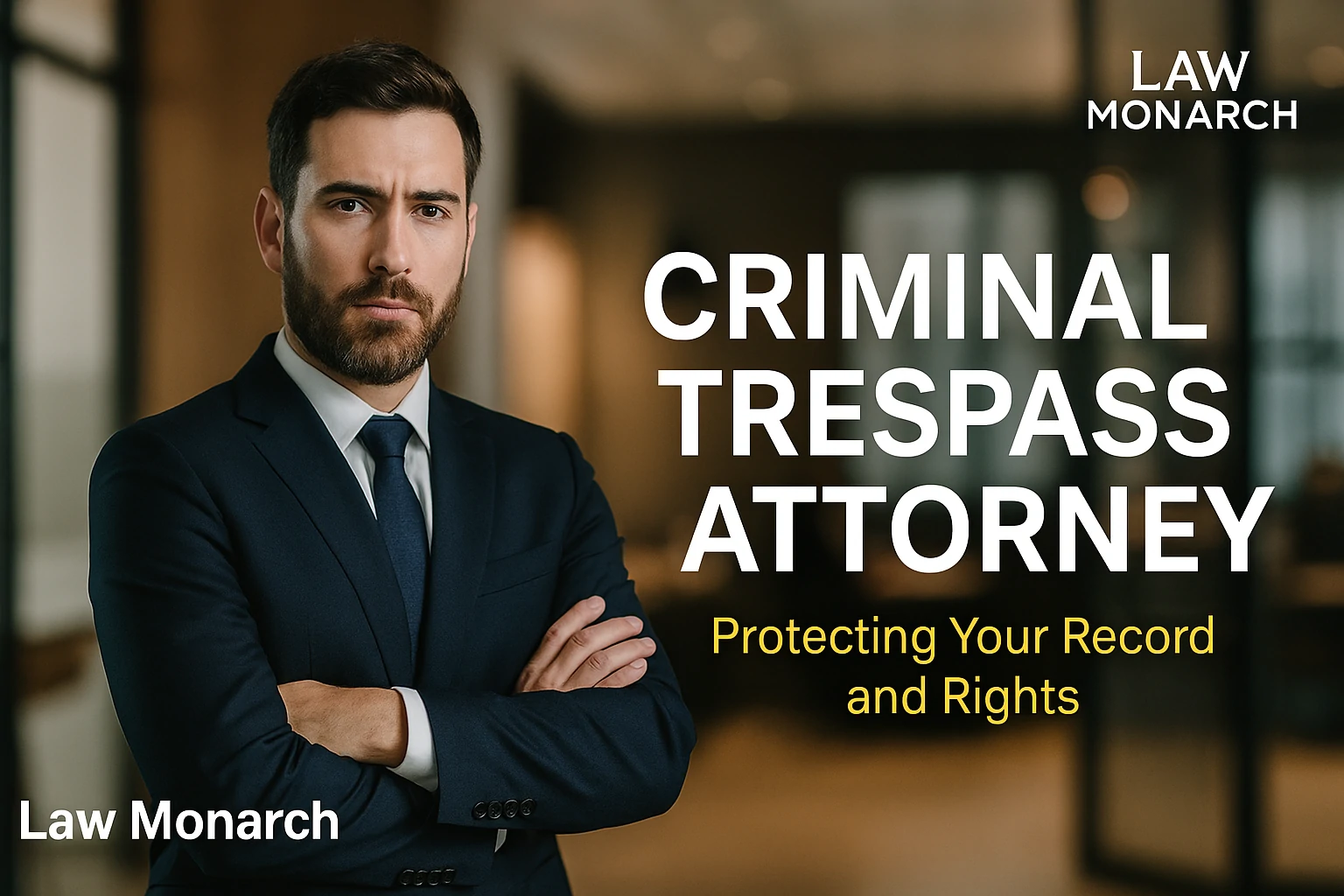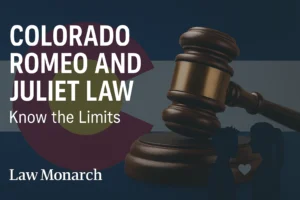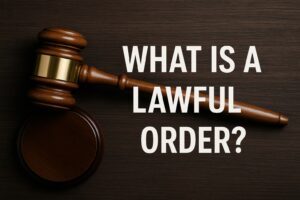Criminal trespass is not just a simple mistake. It is a legal charge that can harm your record. Many people do not know they crossed a line. They think they had a right to be there. Some believe the space was open to the public. Others visit property they once had access to. But the law sees it differently.
Once someone reports the act, things move fast. Police may issue a warning or make an arrest. You might not expect it, but the process can lead to court. You may face a fine, jail time, or a criminal record. That’s where a criminal trespass attorney becomes your best option.
You need someone who knows the law and how to protect your rights. A lawyer will stand with you, guide your case, and help you avoid damage to your future. This article explains criminal trespass, how the law works, and how a defense attorney can help.
Understanding Criminal Trespass
Criminal trespass is when a person goes onto private property without consent. It does not need forced entry. It can happen on land, inside a shop, or in any closed area. If the owner did not invite you, the law may treat it as a crime.
Some states need signs to mark private areas. Others let owners use words to warn people off. Once someone tells you to leave and you stay, the law may step in. Even if you meant no harm, that may not protect you. The court looks at what happened and not just your intent.
In many places, this offense is a misdemeanor. But some cases are more serious. If you enter with the goal to scare or threaten, the charge can rise to a felony. Aggravated trespass often involves danger or fear. The court looks at each case on its own. Your past and your actions both matter. The penalty may range from a fine to jail time, depending on the facts.
Common Situations That Lead to Charges
Trespass charges often come from simple events. You may hike across land with no clear signs. You may go into a building you once rented. You may stay too long at a store or public place after being told to leave. You may walk into a home or yard without knowing the rules changed.
Sometimes people act during heated moments. A family fight, a breakup, or a business deal can turn into a property dispute. Someone calls the police, and the case begins. It only takes one wrong move to face the legal system.
These cases can happen in places like schools, offices, parks, and stores. Some people get charged after protests. Others face trouble after refusing to leave a hospital or bank. No matter how it starts, the charge can become serious fast.
What Happens After the Charge
Once police issue a trespass charge, the court process begins. You may receive a citation, arrest notice, or court summons. Your first hearing is called an arraignment. During that hearing, the judge reads the charge and asks for your plea.
You can plead guilty, not guilty, or no contest. Each choice comes with a path. If you plead not guilty, the court will set a trial date. The state will then try to prove you broke the law.
The prosecutor may use camera footage, signs, witness statements, or past records. Their goal is to show that you knew you had no right to be on the property. The lawyer you hire will challenge that version.
You could face fines, probation, jail, or community service. A conviction can follow you for years. It may block jobs, housing, or college. That is why you should treat the charge with care and fight it the right way.
How a Criminal Trespass Attorney Helps
A lawyer does more than speak in court. They work to protect your record and clear your name. The right attorney listens to your story. They ask questions, collect facts, and study the law in your area. They look at the signs, messages, and statements in your case.
The lawyer may speak with the prosecutor to reduce the charge. This is called a plea deal. You might avoid jail or remove the charge with a program or fine. If no deal works, the lawyer will defend you in court.
Your lawyer will study the evidence. They will find weak spots in the case. They may say you had consent. They may say the area lacked signs. They may show that you left when asked. These points make a big difference to the judge.
The goal is not just to win the case. The goal is to protect your future. A good lawyer knows how to keep your record clean or limit the harm.
Legal Defenses That May Work
Not every case is the same. But good lawyers use smart defenses. One of the best defenses is consent. If the owner allowed you in before, the charge may fail.
Another defense is poor notice. If no one warned you, and no signs were posted, the court may not find you guilty. Some people also have legal reasons to enter. They may need to check on someone or help during a crisis.
Mistakes also matter. If you thought you were allowed to be there, the court might see that as a defense. If you left once told to go, that helps your case too.
The key is how your lawyer uses the facts. They know what the court needs to hear. They use your truth to build a defense that makes sense.
How to Choose the Right Attorney
Choosing the right lawyer is not always easy. You want someone who knows trespass law and how to deal with the court. You want someone who listens, explains, and stays honest.
Ask the lawyer if they have handled similar cases. Ask how many they won or settled. Ask how they will build your case. A good lawyer gives straight answers and helps you feel safe.
Also ask about fees. Some lawyers charge a flat rate. Others bill by the hour. Make sure you know what to expect before the case starts.
Check reviews online. Read what others say. Pick someone with strong results and a good name in your area.
Why You Should Not Wait to Call a Lawyer
Act fast. A trespass charge can move quickly. Police act first. Courts follow with set dates. Waiting too long can hurt your case.
Speak to a lawyer right after you get a citation or warning. Talk to one before you answer police questions. What you say early can affect the whole case. A lawyer helps you stay safe from legal traps.
Even if the charge feels minor, take it seriously. One record can block work, housing, or school. Many places check your past before they say yes. A lawyer gives you the best chance to stay clear, avoid harm, and move forward with confidence.
Conclusion
Criminal trespass is not a minor issue. It can lead to real harm. The law treats it with care, and so should you. A trespass charge brings court dates, fines, and stress. It may put your record at risk.
But you have a choice. You can call a criminal trespass attorney who knows the law. You can get help from someone who speaks for you and builds a real defense.
A good lawyer brings peace of mind. They protect your rights, your record, and your future. If you face a trespass charge, take the first step today. Speak to a trusted attorney and get the help you need before it’s too late.
Disclaimer
This article provides general legal information for educational purposes only. It does not offer legal advice or create an attorney-client relationship. Laws vary by state and case. You should speak to a licensed attorney in your area to get advice on your specific situation.




